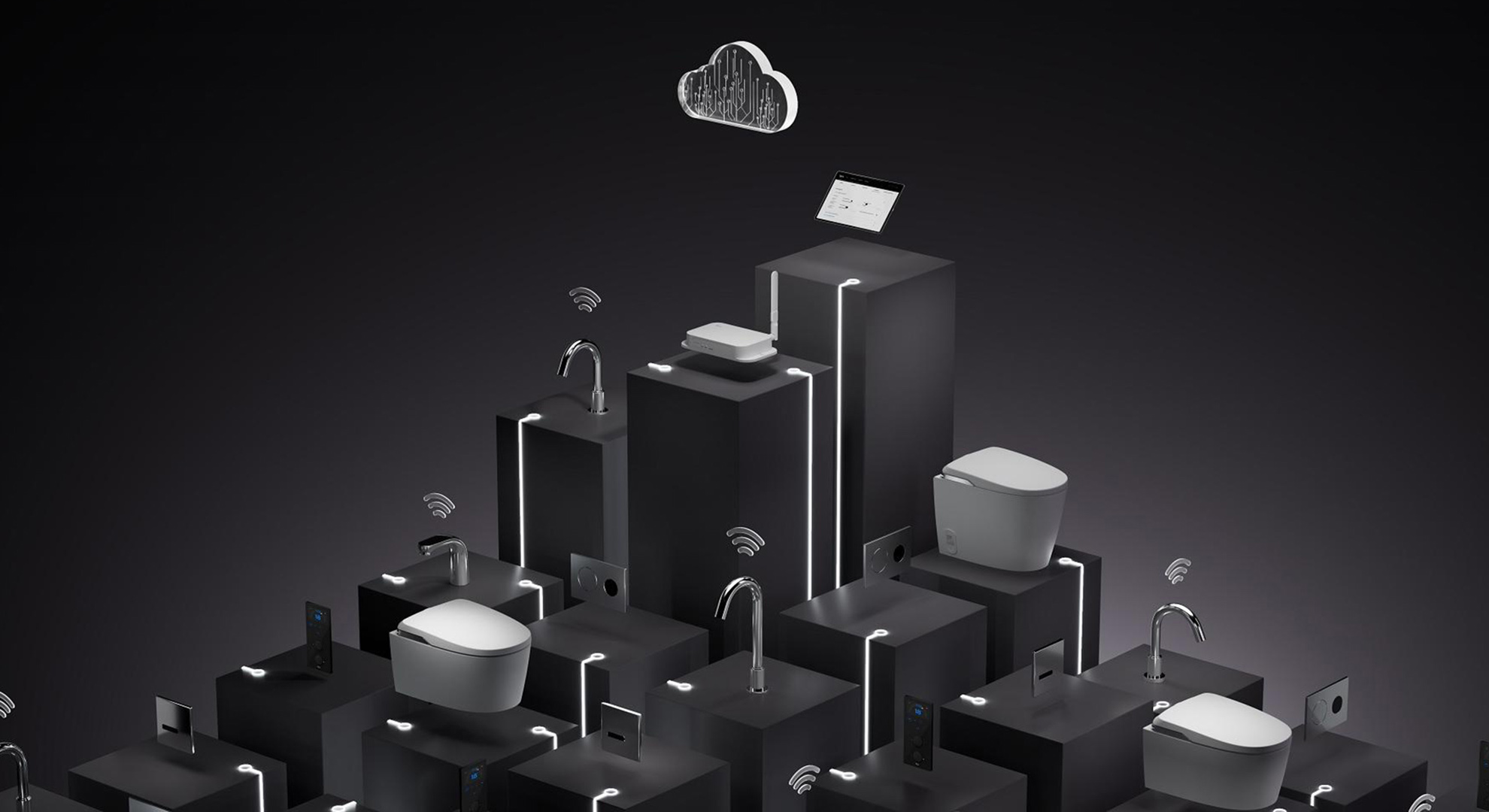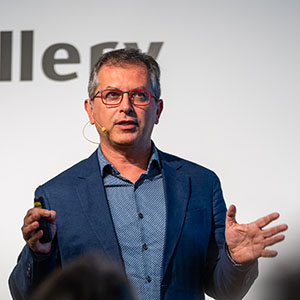Digital Technology and Innovation
New tools to face the challenges of the future
Emerging digital technologies are a hot topic due to their use in many disciplines and the social changes they bring about. However, as with all significant technological advances in the history of humankind, the use we make of them will largely determine whether they serve to make the world a better place or deepen the gap between the developed world and the underprivileged.
Nevertheless, there is a clear consensus that this digital revolution is different from other innovations because of the speed at which it is advancing in all areas. In just 20 years, it has reached nearly 50% of the developing world's population and transformed societies. Digital technologies are driving an unprecedented industrial transformation but are also proving to be a catalyst for community empowerment. Moreover, this speed of penetration is not unrelated to improvements in connectivity, making it independent of costly terrestrial infrastructures, which will allow access to financial services, trade networks, and public services in general, regardless of the geographical area.
Digital technology can be a powerful globalizing and equalizing element and is today one of our most critical global allies to meet the 17 Sustainable Development Goals (SDGs), approved by the United Nations (UN) in 2015, by 2030. These goals, we must remember, seek to achieve a better and more livable planet for all.
Suppose we have to choose some of the key points where digital technologies are making an impact on our society. In that case, we cannot forget how they promote access to information: Internet universalized transparency and information quality for areas such as the environment, labor, health, education, and social services, among others, and they can contribute to social and environmental goals.

In Wash Insignia, the ultimate intimate hygienic solution with app controlled functions. Photo courtesy Roca Group
Besides that, digital technology makes it possible to innovate in collecting, measuring, and monitoring data, facilitating, for example, strategic decision-making in agriculture to combat hunger. New technologies have also fostered new business ideas that drive the economy and sustainable development. This is the case, for example, of car sharing, which benefits various SDGs. Likewise, crowdsourcing and responsible investment platforms can provide new sources of financing for sustainable businesses or innovative initiatives that positively impact the SDGs.
In the healthcare sector, advanced technologies using artificial intelligence are helping to save lives, diagnose diseases and extend life expectancy. In education, virtual and augmented reality learning environments and e-learning have brought educational programs to students who would otherwise be excluded. Public services are also becoming more accessible and accountable thanks to blockchain systems, and bureaucracy is more streamlined with the help of artificial intelligence. Big data can also help make policies and programs more relevant and accurate.
From the Roca Group's perspective, we have a responsibility and an obligation to react to the evolving needs of the planet we live on, the society we are part of, and the people who use our products. To this end, some of our latest innovations use these new technologies to respond to the unique challenges of our environment.
In particular, the Roca Connect platform, the spearhead of our new portfolio of products and services based on these emerging technologies, consists of a comprehensive collection of bathroom products connected via the new app and the new Roca Cloud to monitor uses and consumptions, detect malfunctions and leaks, predict breakdowns and anticipate maintenance tasks, schedule hygienic flushes, etc. All these functions will help professionals and owners of public restrooms to use the available resources optimally, both water and energy, and ultimately to operate their spaces more sustainably.

Roca Connect, the new platform for smart resources management. Photo courtesy Roca Group
Beyond this product offering, available in the short term, our focus on innovation drives us to explore new options in the medium and long term to provide solutions for health monitoring in the bathroom area. These solutions, to be applied to our urinals and toilets, include reading biomarkers in human waste to help professionals in health centers or residences. Or ceiling lights that can detect and prevent falls in the bathroom and send an alert to receive the necessary assistance. Radar technology combined with infrared sensors and the use of artificial intelligence will allow the lamp also to monitor vital signs.
We are confident these and other solutions, such as smart mirrors that will act as the hub for connected products in the household bathroom and incorporate new wellness and health functionalities, will shape the bathroom of the future.
Technologies can help make our world fairer, more peaceful, and more equitable. Digital advances can support and accelerate innovations to end extreme poverty or reduce maternal and child mortality, promote sustainable agriculture and decent work, and the achievement of universal literacy. However, technologies can threaten privacy, compromise security, and foster inequality.
As in previous generations, how we take advantage of and manage new technologies depends on everyone involved in the value chains —institutions, companies, and individuals.
Main image: Photo archive from Roca Protect Concept. Photo courtesy Roca Group.
